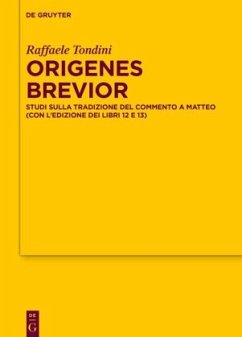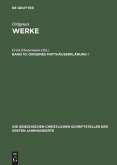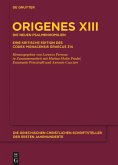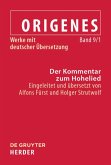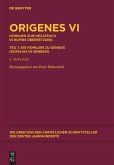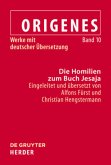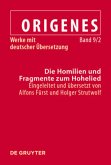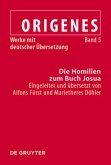The Commentary on Matthew is one of Origen's works we can partially read in Greek language. Nonetheless, this Greek text doesn't reproduce Origen's work in its original form but in a later abridgement.
The shortened nature of the Greek text is demonstrated thanks to a close comparison with fragments from exegetical catenae (cap. 1) and with an anonymous Latin translation (cap. 2). Particular attention is devoted to a 5th-century palimpsest fragments of the unabridged Commentary (cap. 4).
The previous editor of the Commentary tried to restore the original form Greek text by mean of large number of conjectures mainly based on the Latin translation. His results weren't anyway satisfactory. In this volume the autonomy of the Greek abridgement is reestablished: a sample of this enterprise is offered in the new critical edition of books 12 and 13.
This volume offers a comprehensive study of the manuscript tradition of the Commentary on Matthew (cap. 5) and takes into consideration the general process of reduction undergone by Origen's sometimes verbose production.
The shortened nature of the Greek text is demonstrated thanks to a close comparison with fragments from exegetical catenae (cap. 1) and with an anonymous Latin translation (cap. 2). Particular attention is devoted to a 5th-century palimpsest fragments of the unabridged Commentary (cap. 4).
The previous editor of the Commentary tried to restore the original form Greek text by mean of large number of conjectures mainly based on the Latin translation. His results weren't anyway satisfactory. In this volume the autonomy of the Greek abridgement is reestablished: a sample of this enterprise is offered in the new critical edition of books 12 and 13.
This volume offers a comprehensive study of the manuscript tradition of the Commentary on Matthew (cap. 5) and takes into consideration the general process of reduction undergone by Origen's sometimes verbose production.

